JFK IN DALLAS, A BOY’S PROTEST, and the FUTILITY and MISTAKE OF THE KOREAN WAR
BY DAN VALENTI
Today, 47 years ago, the American government was overthrown when a bullet tore through the head of President John F. Kennedy. That forlorn day was THE PLANET’s 12th birthday. Here the story I wrote about it, published today in the Berkshire Eagle (with edits and info not available on the Eagle version). After that story, I write about another coup in America: our involvement in Korea.
———————————–
The Day the Music Died … at 12
The day dawned eerily cloudless for late November, too quiet, too still, like early summer had lost its way. Soon, a steady, warm sun blazed from a sky the color of a robin’s egg. It was a lousy day for a murder.
After lunch in the cafeteria at Our Lady of Mt. Carmel School, the 7th grade gym class moved outside to take advantage of the unusual weather. Almost never did we have gym in late November. We did, however, on that mild, sunny day, kids taken out of their routine. Routines abandoned make not for good omens.
It’s Nov. 22, 1963, and I am turning 12. One’s 12th birthday should not be a day that fulfills bad omens. I’m caught in a strange land past the childhood I have recently left but long from entering the adulthood I shall enter.
Soon it will be time for Where am I? What’s happening to me? Who am I? Twelve years old: the worst time possible for a day like this.
A gray, padded tumbling mat covers part of the paved playground. A red pickup truck pulls up along the fence, on Fenn Street. Red, the street drunk, has just stumbled by in an alkie haze into a thicket of our usual cruel jokes. Kids don’t understand drunks with piss on their pants. We laugh to keep from crying.
Red has probably come from Del Gallo’s bar or the Eagle Café at Fenn and Fourth. They have TVs there. Red probably knows what’s happened. Maybe he’s not drunk at all.
Georgie Intellisano, who later became a successful jockey, runs to the truck. It’s his dad. Georgie, the fastest kid in the class, rockets back to us boys ringing the tumbling mat. Georgie’s a kidder, class clown to my class wit.
“They shot the President! They shot the President!”
We slam Georgie for his poor taste of a joke until Sr. Rosa calls for everyone to “come inside this instant.” Her voice quivers with an exigent wavering that scares me. Georgie hasn’t told a joke. He’s given it to us straight. They shot Jack, the bastards.
* * *
A person born that day would today be 47. Anyone under the age of 50 has no remembrance of the horror that sliced America’s umbilical of innocence, setting us as a people and nation adrift. We lost our footing, and in 47 years, we haven’t gotten our heads straight or been able to get upright.
Johnson, Nixon, Ford, Carter, Bush I, Clinton, Bush II, Obama: Please, “presidential” me no presidents. The bullet that blew out the side of Jack Kennedy’s head ended the 1950s not as a straight, chronological accumulation of ten years but the “50s” as aura and undercurrent.
The ’50s began Aug. 6, 1945, moments after the United States became the first and only nation to drop an atomic bomb on a defenseless civilian population. Little Boy and Fat Man — the bombs that vaporized Hiroshima and Nagasaki — ended the war, got the GIs home, invented childhood, and launched the 50s. Black was black, white was white, men smoked at work, women drank when pregnant, kids rode their bikes all over town without helmets, times were simpler, life was harder, and people were happier.
There was such a time, you know. A 12-year-old today doesn’t believe it, because she doesn’t care about history or anything else besides herself and the next text message. A 12-year-old back then didn’t have to “believe” in “such a time” the same way I don’t have to “believe” my car is blue. Truth doesn’t require faith.
The ’50s ended at 1:31 p.m., EST, on Nov. 22, 1963, history’s first 17-year decade. We thought the sanguine milk-and-cookies life of two-parent families and kids who played outdoors would never end. John F. Kennedy’s assassination in Dallas, Texas, turned the reverie into instant nightmare: add one bullet and stir.
* * *
Jack Kennedy hailed from Massachusetts. He visited Pittsfield. He knew where my house was located. He skied at Bousquet’s. Jack, international Man of the Hour, was first one of ours. He embodied youth at a time when presidents looked like Harry Truman and Dwight Eisenhower — men born in the 1800s who wore old clothes, talked old speeches, moved old movements, thought old thoughts, and dreamed old dreams.
 Eisenhower came to us in the newsreels. Kennedy came to us on TV. Eisenhower wore bifocals. Jack wore Ray-Bans. Eisenhower listened to Glenn Miller. Jack listened to rock and roll. Eisenhower got a heart attack playing golf. Jack hurt his back playing tackle football.
Eisenhower came to us in the newsreels. Kennedy came to us on TV. Eisenhower wore bifocals. Jack wore Ray-Bans. Eisenhower listened to Glenn Miller. Jack listened to rock and roll. Eisenhower got a heart attack playing golf. Jack hurt his back playing tackle football.
With Jackie, John-John, and Caroline at his side, Kennedy made the nation believe it could be and do anything. Jack got us to believe we could land a man on the moon within ten years in spaceships with less computing power than a cell phone. He convinced my brother Pete to take a 50-mile hike. He faced Khrushchev for 12 fateful days in October 1962 and literally prevented nuclear Armageddon.
A generation and a half later, the events of Nov. 22, 1963, have faded into the recess of irrelevancy. The country no longer stops to remember the day. The major networks no longer do anniversary specials.
My parents’ generation had Dec. 7, 1941. They won World War II.
This generation has Sept. 11, 2001. They lost their bearings.
My generation had Nov. 22, 1963. I turned 12.
* * *
At my birthday party, my mom lights 12 candles on an angel-food cake. Francis Curro, my brothers, Jean and Diane Dassatti, Paulie and David Nolli, and several cousins watch me get ready to blow out the candles.
My mom turns out the kitchen light. The candles glow in a dancing flicker. I blow them out, having made my wish.
I have wished for something that cannot come true. One of my presents is a pair of paint-by-numbers portraits of Emmit Kelly, the perpetually sad clown. They are perfect.
I am newly minted at 12, wishing that the day had never happened.
——————————————————
THE KOREAN WAR YOU NEVER KNEW ABOUT
Have you heard what 13-year-old Jonathan Lee of Ridgeland, Miss., did yesterday (Nov. 21)? With his family, he traveled to Beijing, China, and in Tianamen Square unfurled a small sign calling for the establishment of a peace park in the DMZ at the 38th parallel that divides North and South Korea.
Chinese police quickly stopped the one-kid protest and sent Lee and his mother back to their hotel, where they were met by Lee’s father and sister. What brings this optimistic act to THE PLANET’s mind is that the boy, in his idealism, calls for something that in all practicality could happen, but for the United States: A united Korean and peace on the war-torn peninsula.
Finally, a Book that Tells the Truth About Korea
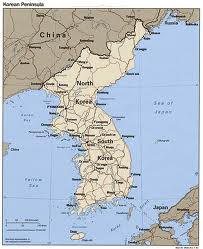 We are in the middle of The Korean War: A History by Bruce Cumings, a book singular among all other treatments of the topic. Cumings had access to new evidence and previously secret material, including an archive of previously unseen North Korean archives. Cumings casts off the prejudices of mistold history to approach his subject with an open mind.
We are in the middle of The Korean War: A History by Bruce Cumings, a book singular among all other treatments of the topic. Cumings had access to new evidence and previously secret material, including an archive of previously unseen North Korean archives. Cumings casts off the prejudices of mistold history to approach his subject with an open mind.
Thus, he details how, time and time again, United States citizens have been told lies about Korea by its own government and policy makers. Fifty years after our cynical intervention in Korean, the war has never ended and Americans have never been given the truth by the government. Cumings also reveals how the mainstream press has swallowed the “official” version of why we went into Korea and what we achieved. Even the great David Halberstam in The Coldest Winter composed his book on the Korean War in ignorance of the truth.
For example, Halberstam writes that Gen. McArthur’s landing at Inchon on Set. 15, 1950, was “a brilliant, daring gamble” that caught North Korean by surprise. It was neither, Cumings writes: “A host of captured documents show Pyongyang knew it was coming but could do little about. Therefore, the North Koreans in a deception move “defended” Inchon with about 2,000 ill-trained troops and retreated into the hills and to other strategic terrain with their top-notch fighting units, where they occupied literal and figurative high ground.
From June to September, the North had driven southward to the southern point of Pusan, and thus were they able to harass the U.N. forces from the rear as the Allies pursued the planned “retreat” of the Korean People’s Army northward following the Inchon invasion. It was a brilliant maneuver that allowed North Korea to overcome McArthur’s advantage in manpower and materiel.
No Good Guys, No White Hats
Cumings’ book explains the little-known American occupation of Korea after World War II. We Americans naively believe our involvement with Korea began as the good guys with the white Stetsons riding the white steeds, intervening to assist the helpless and virtuous South Korea when the North invaded. Only we weren’t the good guys. We were the opposite. You can exchange out white hats for black helmets and out steeds for napalm and F-86s. The cigar-chomping U.S. war planners, forlorn over the dismantling of the war machine following victory in WWII, saw in Communism the excuse to keep their gravy train of power, money, and influence going.
Among other things, Cumings’ book reveals:
*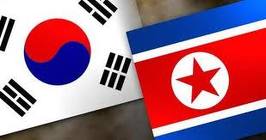 That the crass, unilateral division of Korean along the 38th parallel took place on Aug. 10, 1945, the day after a B-29 named “Bock’s Car” dropped a 9,000-pound plutonium-239 bomb called “Fat Man” on Nagasaki. John McCloy of the War Department asked Dean Rusk (later to play a role in another American disaster in Asia under LBJ) and Charles Bonesteel to divide Korea in two “for the purposes of accepting the surrender of the Japanese armed forces.” Rusk later said they chose the 38th parallel because it included the highly developed capital at Seoul in the American zone. The U.S. consulted no other power, not even the two Koreas, in dividing the country in two.
That the crass, unilateral division of Korean along the 38th parallel took place on Aug. 10, 1945, the day after a B-29 named “Bock’s Car” dropped a 9,000-pound plutonium-239 bomb called “Fat Man” on Nagasaki. John McCloy of the War Department asked Dean Rusk (later to play a role in another American disaster in Asia under LBJ) and Charles Bonesteel to divide Korea in two “for the purposes of accepting the surrender of the Japanese armed forces.” Rusk later said they chose the 38th parallel because it included the highly developed capital at Seoul in the American zone. The U.S. consulted no other power, not even the two Koreas, in dividing the country in two.
* We learn that while the roots of the war go a long way back, into the Korean peninsula’s cultural and political history, the more “recent” causal factor was the brutal Japanese occupation of Korean from the early 1900s to the end of WWII. Many in South Korea collaborated with the brutal Japanese, something the North never forgave.
* We learn of the valiant efforts of Kim Il Sung as a hero of the Japanese resistance. After Kim became head of North Korea, the U.S. tried to demonize him, turning him into a cartoon monster. We have done the same thing with his son, Kim Jong Il, although North Korean hagiography makes this easier than ti should be.
* We learn that the Korean problem has always been and continues to be an internal matter. This is a civil war. When the North invaded the South, no international territories were crossed. There was therefore no moral basis for the U.S., through U.N. cover, to intervene. Moreover, about the much-maligned Chinese entrance into the conflict to assist North Korea, we see that this was NOT part of the expansion of Communism. The International Communist Conspiracy fomented by the Pentagon, CIA, and the State Department in 1950, which led to the Cold War, was fiction.
* The Chinese got involved to come to the aid of the North Koreans, who helped then when the Japanese invaded Manchuria. Once again, though, U.S. history rewrote the facts to demonize “them” and lionize “us.” This is a war the American government wants us not to remember. “In contrast to the ephemeral traces Korea made on American minds,” Cumings writes, the war novel War Trash by Chinese writer Ha Jin “rings true on every page.”
* We learn a lot about the awful period in American in the late 40s and early 50s, when Sen. Joe McCarthy launched his Red witch hunts. Dissent was risky, ideological conformity expected, and every American was expected to pass a litmus test to prove their national loyalty. Did you know of the McCarren Internal Security Act passed by Congress on Sept. 23, 1950? McCarren, “the model for the senator in the film “The Godfather, Part II,” sponsored this bill “establishing among other things concentration camps for those construed as a threat to American security.” Cumings notes that the definition of “threat” was vague.
A Perpetual State of War
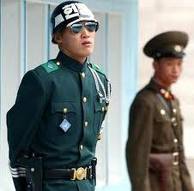
At the 38th Parallel, South (left) and North Korean soldiers stand side by side, made "enemies for life" in part because of U.S. adventurism on the peninsula.
After winning WWII, America did something that it had never done before: it continued its war-time operation politically, militarily, and economically. We didn’t disarm. In other words, that was when the military-industrial complex took control of the U.S. Government by refusing to return to a peacetime economy. There was too much money to be made for some, too much power to be had by others. We turned into what we are today, a National Security State that pays lip service to democracy.
In Korea, the U.S. government sent a lot of mostly young men to the meat grinder. They were brave soldiers who followed corrupt orders. We salute them. We condemn the decisions that sent them to their fate.
The U.S. did not understand the nature of the war, the nature of the enemy, or the nature of our own nefarious motives in the East. It’s as if we didn’t want to know. The country has been paying the price ever since, or do you think the perpetual state of war from Korean-Cold War-Vietnam-Reagan miniwars-Iraq-Afghanistan are merely the unlucky circumstances of history?
To speak of the Culture of Repression post-Korea is to refer to America, not the rouge North Korea.
Our misunderstanding of Korea is also reflected in the arts. There are great films and books of the Revolutionary War (“Drums Along the Mohawk”), the Civil War (“Red Badge of Courage”), WWI (“Paths of Glory”), WWII (“”The Best Years of Our Lives”), and Vietnam (“Kubrick’s “Full Metal Jacket”), but none about Korea. Films like “Pork Chop Hill” and “The Bridges at Toko-Ri”, as Cumings points out, lay a round WWII template over a square Korean War. It doesn’t fit.
If you want to laugh at America’s propagandistic portrayal of what the government wanted us to believe about the Cold War, watch Jimmy Stewart in “Strategic Air Command.” The closest to a great film and book about Korea was “The Manchurian Candidate” (the original, not the remake).
If after WWII the United States had let North Korea address its internal issue with the Japan collaboratists in the South, we would have never had the bloodshed of the undeclared war, there would be a united Korea today, and perhaps (a large perhaps) the Cold War does not unfold.
We did not do that. We intervened. The nation’s hands are bloodstained still.



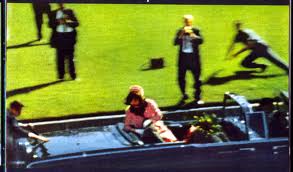

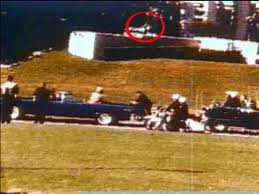
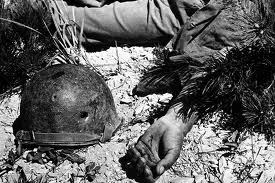
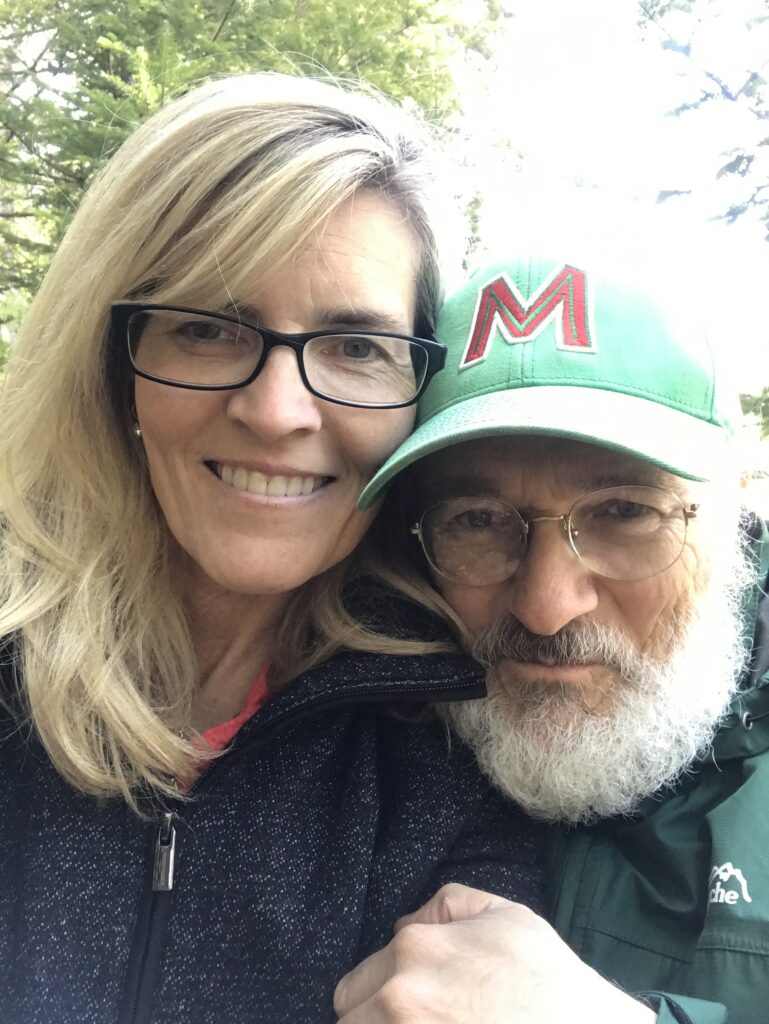
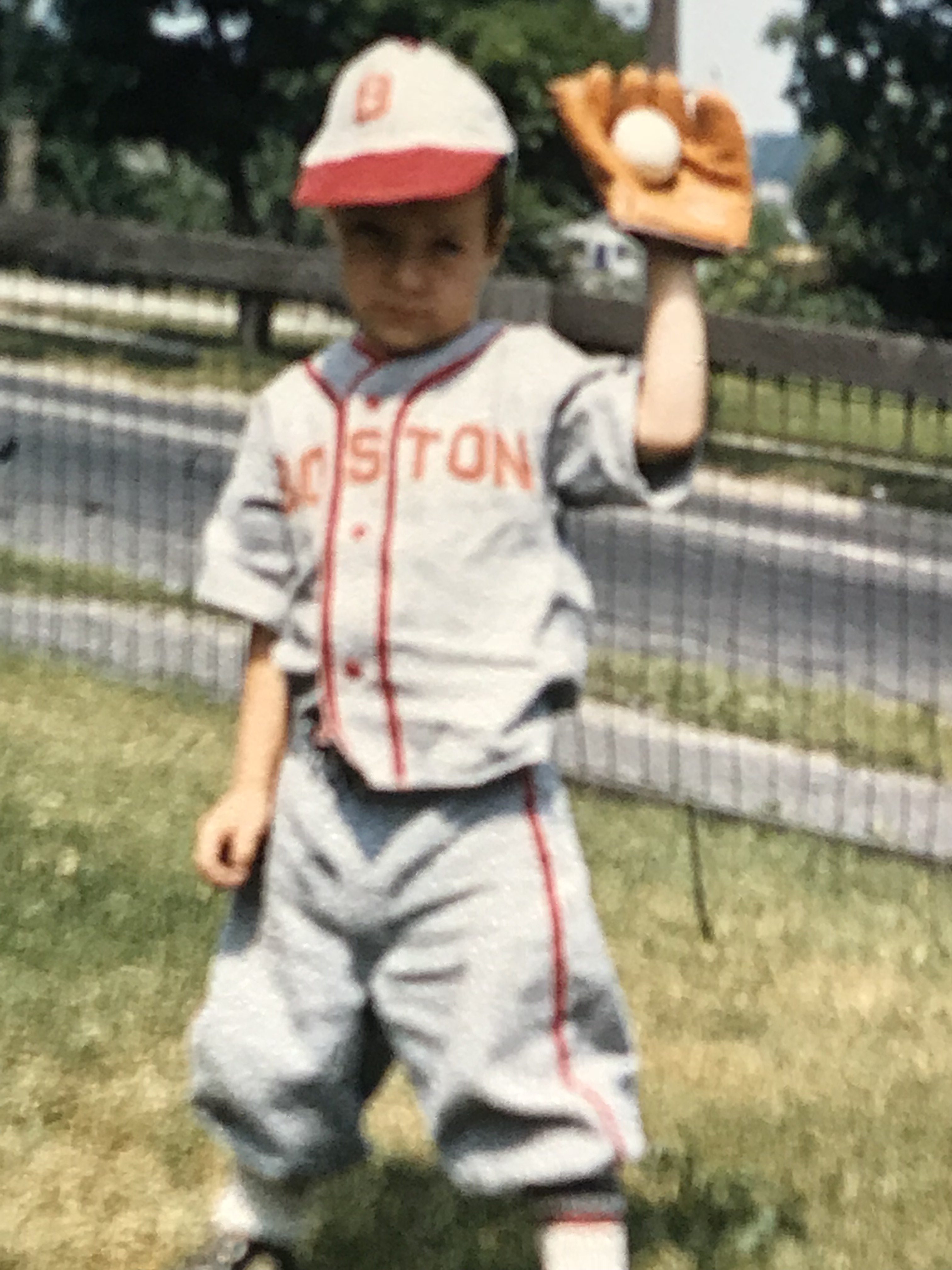


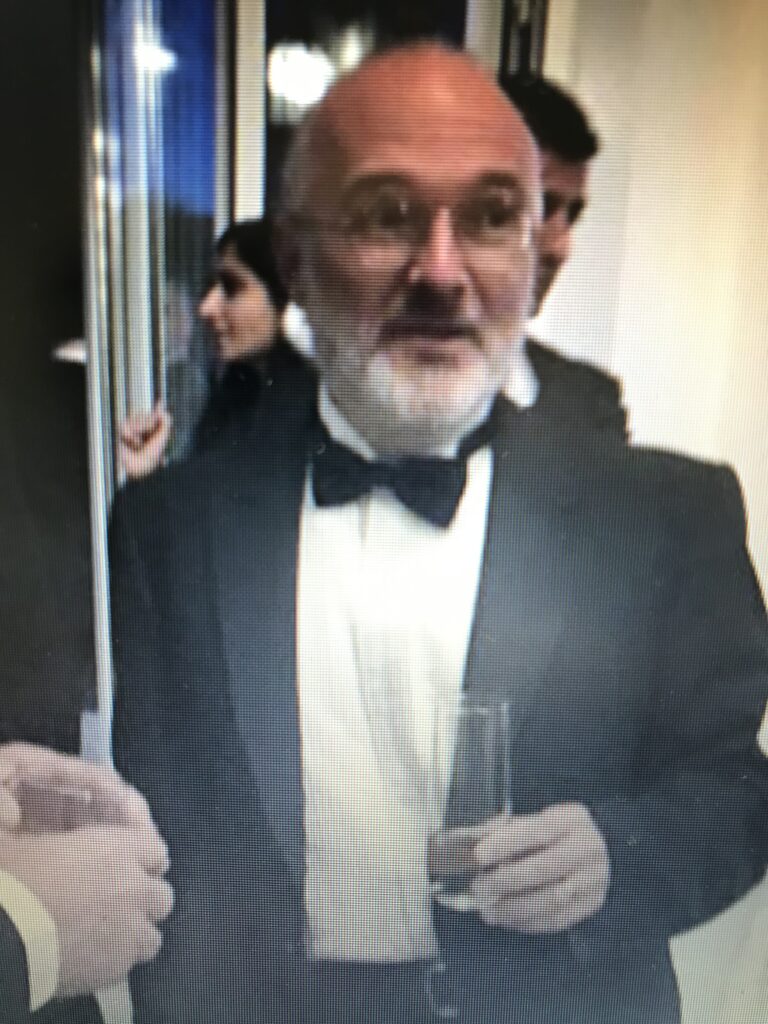

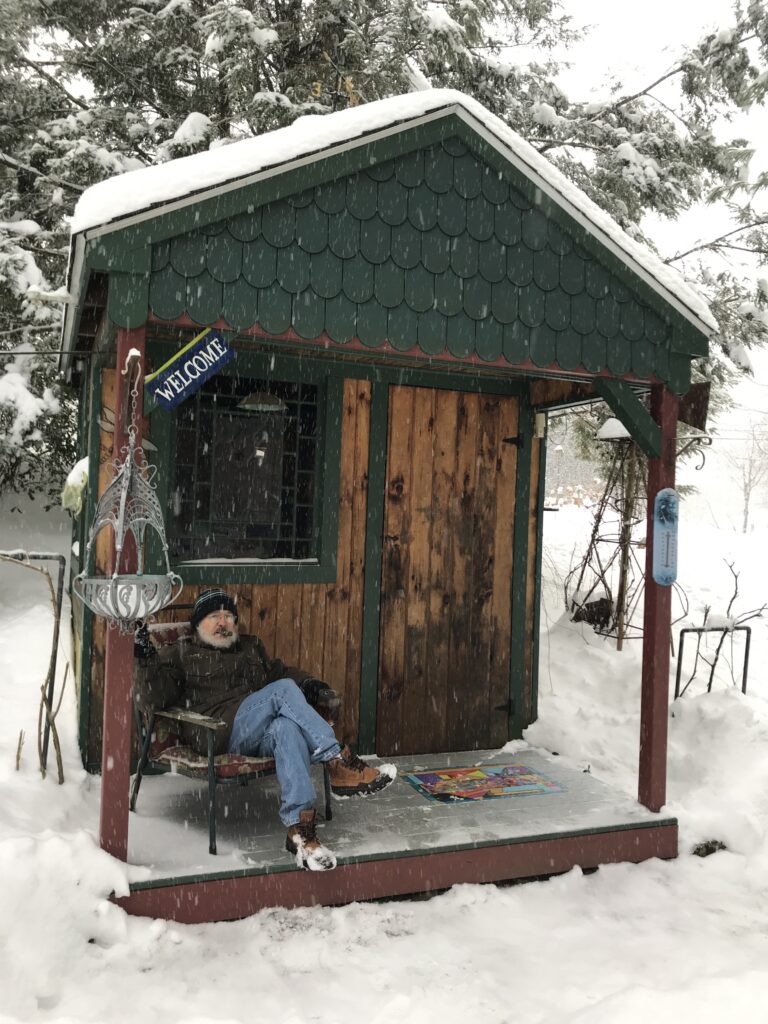
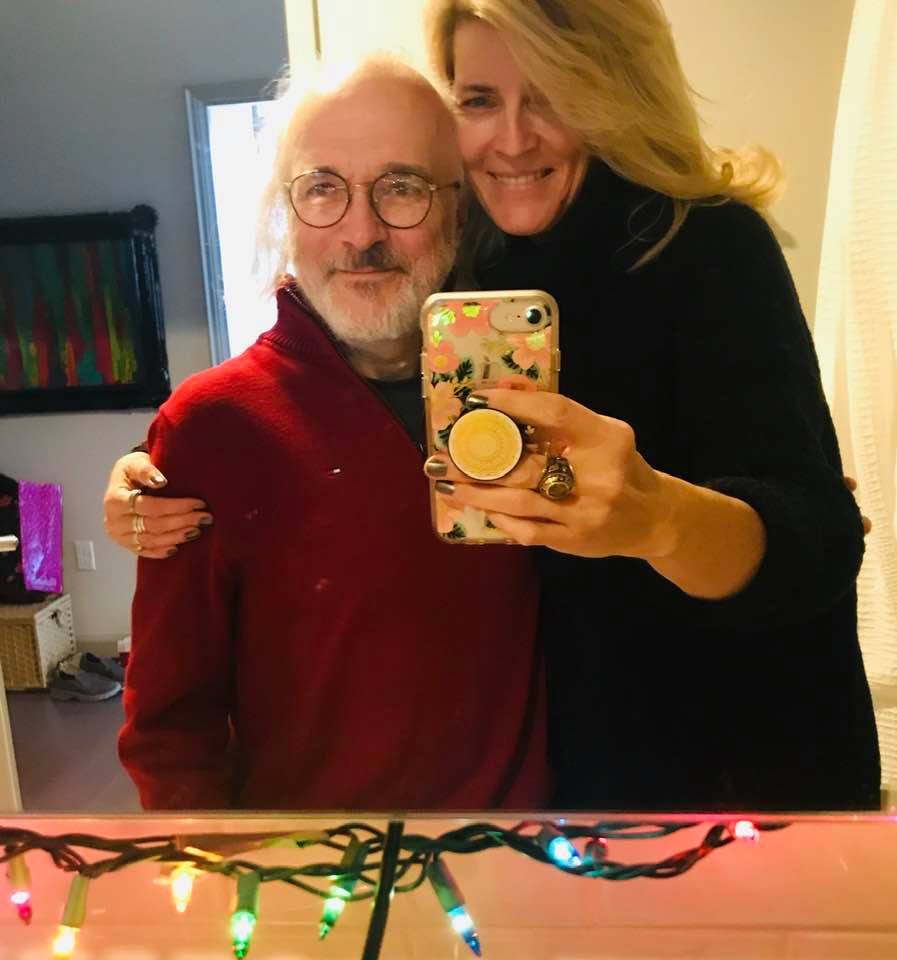
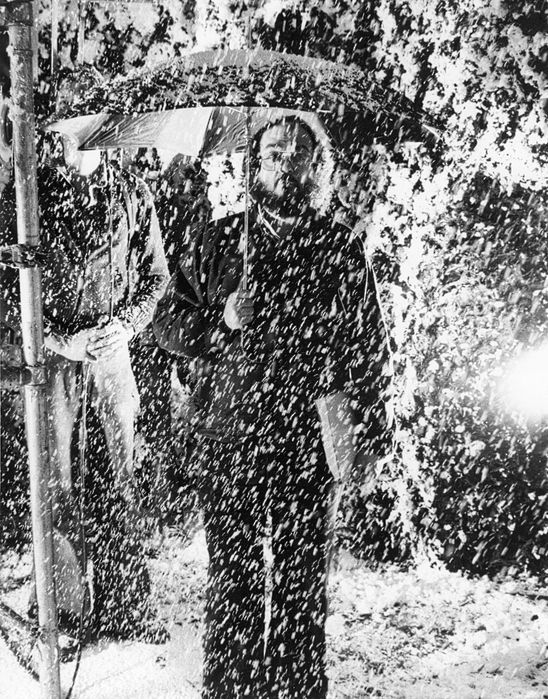
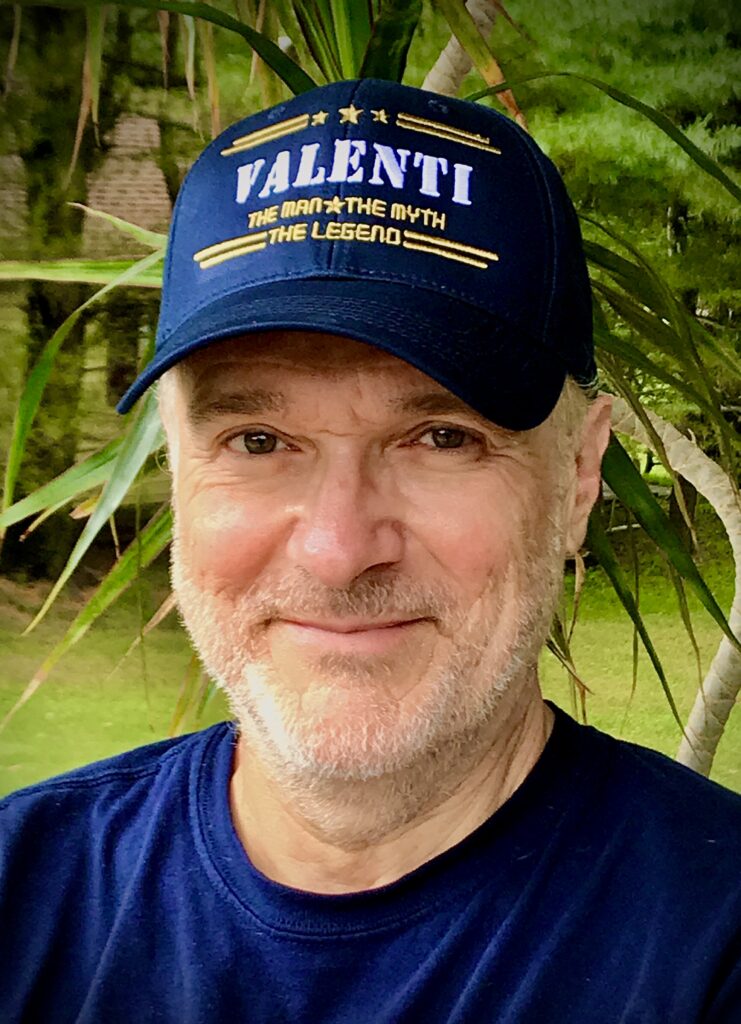
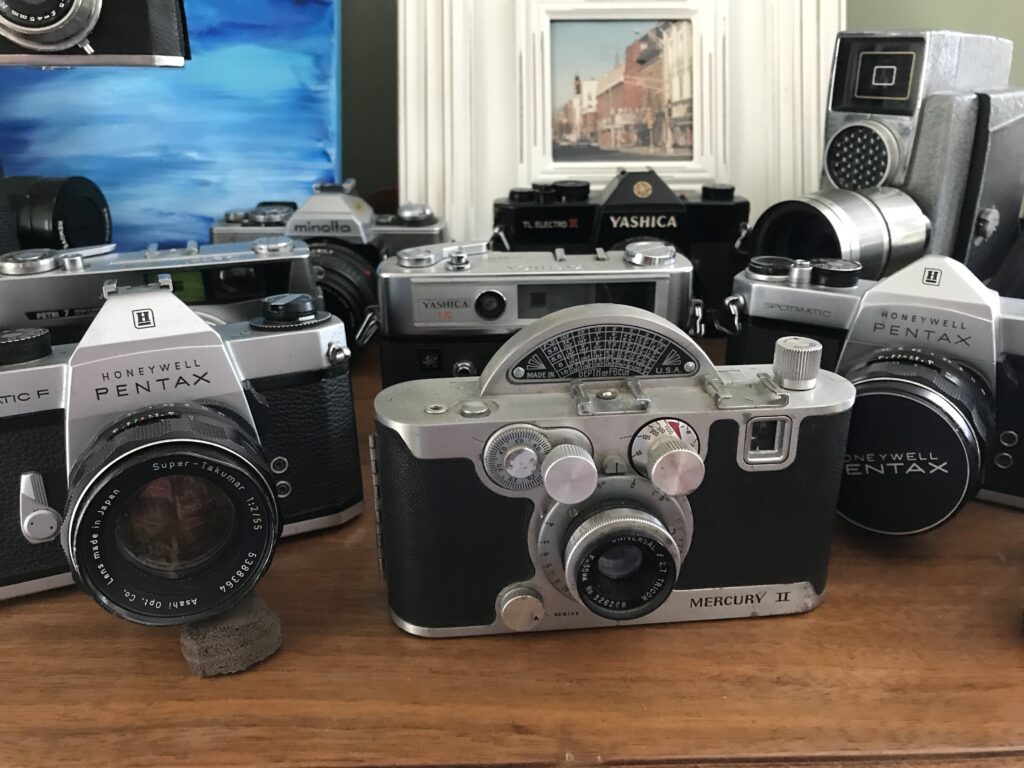

Dan, you have jumped the shark.
For goodnes sake Dan, start here.
http://en.wikipedia.org/wiki/Bruce_Cumings
Great post. I was in high school in the midwest. We heard about JFK in the cafeteria. Our principal told us they weren’t sure the President was dead. He asked us to pray. In a public school no less. There was utter disbelief. As for Korea, you analysis stretches the imagination, because China’s intervention changed everything there, the whole strategic situation. What choice did America have?
I was in the hospital the day the President got shot, having my tonsils out. I remember a nurse crying. There was a lot of stunned silence. The hospital staff prayed t rosary for Mr. Kennedy. no one who doesn’t remember the day can know how shocking it was/
Korea was not a mistake. The only mistake was not going in full measure with everything we had. The politicians wouldn’t let the generals fight, like Truman firing McArthur. He didn’t have the guts to see it through.
By “full measure,” you must be referring to the dropping of nukes on North Korea, as the Joint Chiefs, MacArthur, and the War Mongers in the Pentagon almost convinced Truman to do. You are mistaking “guts” with “Courage.” Thanks for the post.
Any comments on North korea’s latest behavior?
Yes. Check back later.
“The politicians wouldn’t let the generals fight, like Truman firing McArthur.”
A little clarification is needed here. The President is not just a politician, but is the Commander In Chief in times of war. Truman, along with all other presidents, had the authority to appoint and dismiss generals at his pleasure, including those that behaved erratically or made outrageous threats against nations without consulting with the president. Would we want the military to dictate foreign policy and what means it will use in waging wars, completely free from civilian oversight?
As Commander in Chief, the President is meant to ensure civilian control over the government. I go back to Eisenhower’s haunting warning in the late 50s over the growing “military-industrial complex.” JFK took Ike’s warning seriously, tried to do something about it, and it was a factor in getting him killed. Now, it’s likely too late to wrest control out of Big Military and Big Business. Korea began the Cold War, and it played in the hands of the complex perfectly.
Doing a recon on a red carpet laid out by the South Koreans. How do you tell them that the NK would destroy the entire Southern region and lay waste to it the first chance they get. But no..the South Koreans are h e l l bent on reunification. Naive just plain naive.
I am a survivor of the Korean War…29th Inf Reg RA11167399…this past Memorial Day, a visitor from South Korea stopped by the bench in front of the coffee shop…my hangout in the morning. After looking at my “KOREAN WAR VETERAN” patch she said, “thank you for helping our country”…such a beautiful thing to say..some of her family members had been murdered by North Koreans when they invaded South Korea…I did not have words to describe the honor and tribute she had given me…I will go to my grave knowing we were right in helping this impoverished country that, with our help, is economicly sound. a proud Veteran
RICHARD
Thanks you. The US had a split decision in Korean. We won in the South in the first 6 months of the war. Then came the mistake of chasing the enemy into the North, where we were defeated. That defeat colored every military action of this country since. We salute your service to the country.